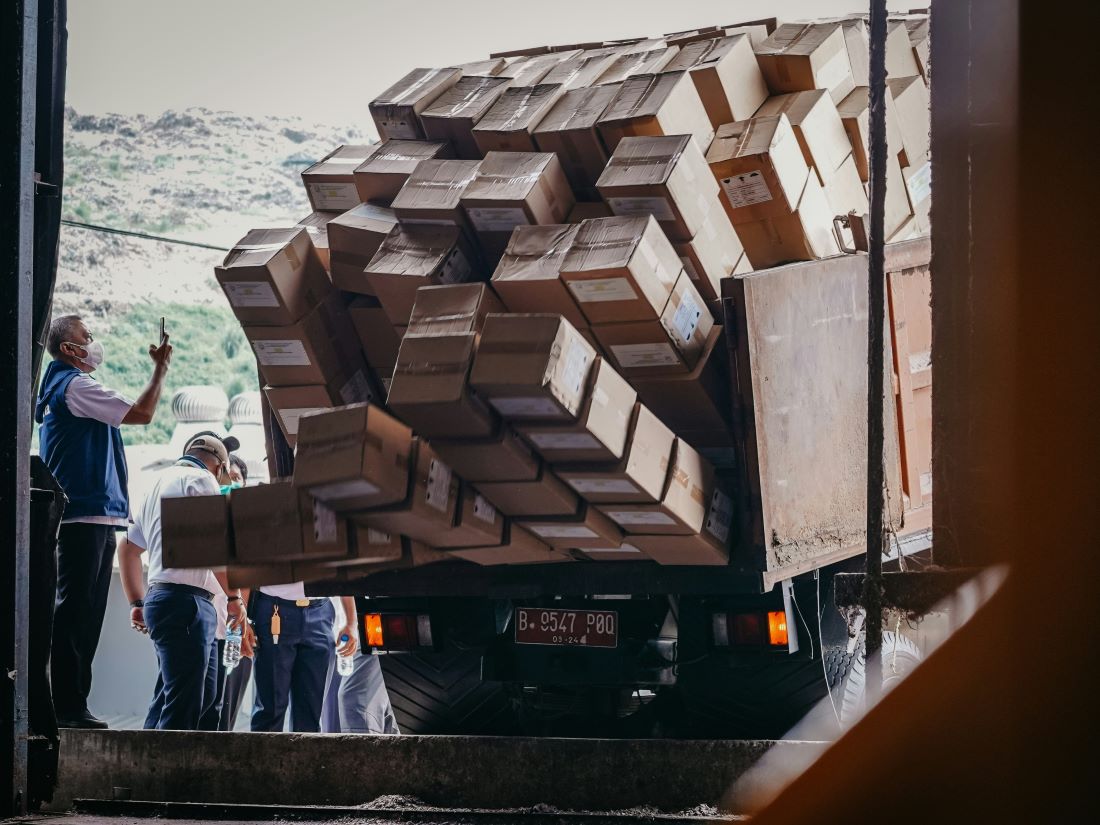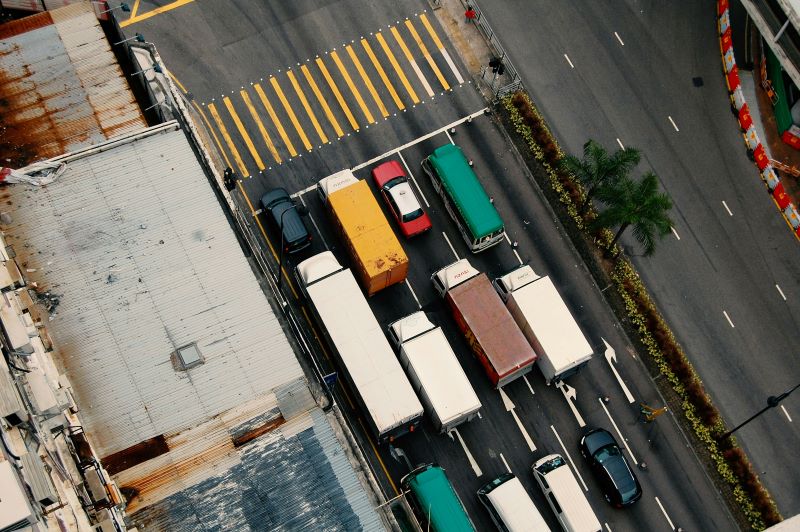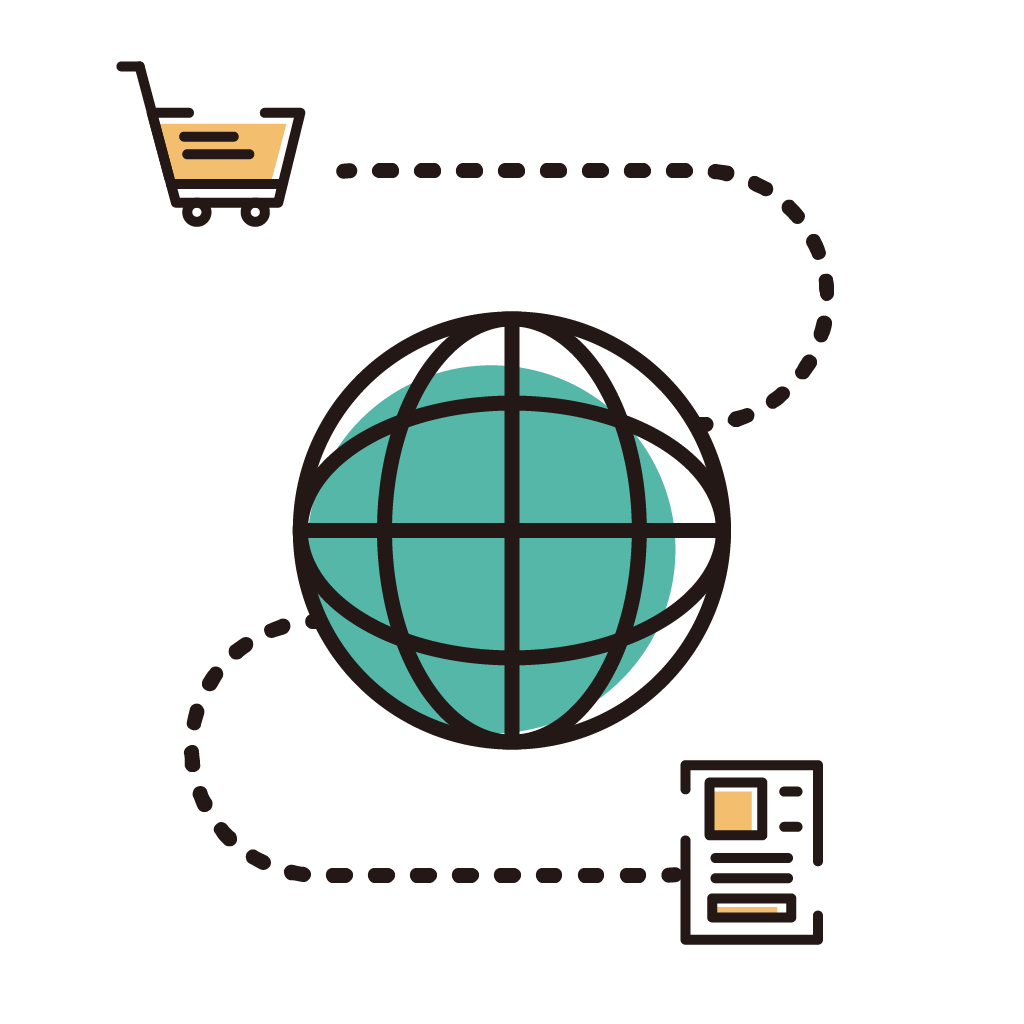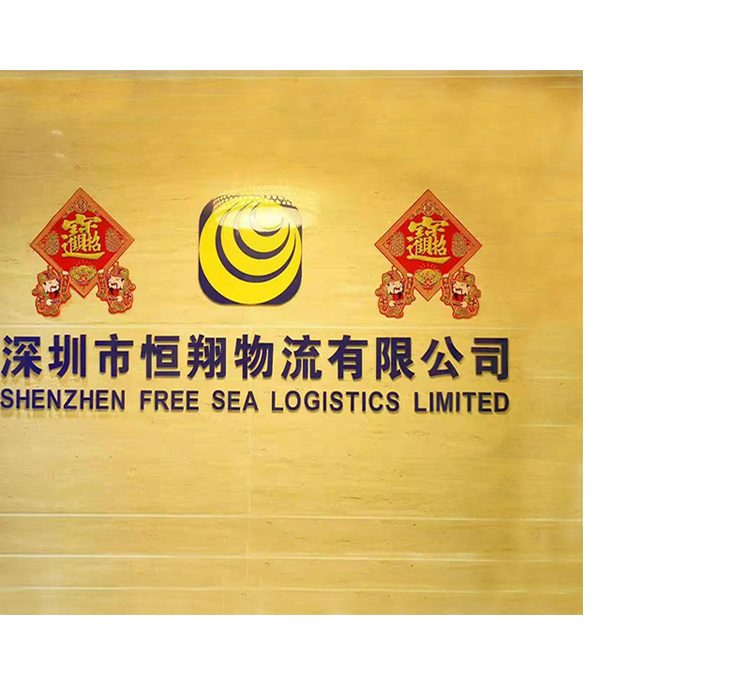The expansion of cross-border e-commerce is reshaping the global retail landscape. Customers now expect rapid delivery of international products, while sellers aim to lower costs and minimize risk. However, managing overseas supply chains is complex, with multiple steps involving warehousing, shipping, and customs clearance. Within this environment, drop shipping logistics solutions have emerged as a critical driver of efficiency and growth.
Free Sea, as an international logistics provider, recognizes that success in global e-commerce depends on smart and flexible logistics models. The role of drop shipping logistics extends beyond cost savings. It directly influences competitiveness, customer satisfaction, and the ability to scale in unpredictable markets.
The Strategic Importance of Drop Shipping Logistics
Drop shipping eliminates the need for retailers to hold inventory. Instead, suppliers handle storage and fulfillment. This reduces overhead, but it requires a highly efficient logistics network. Without reliable logistics, the model cannot succeed.
In cross-border trade, logistics is not just about moving goods. It involves compliance with customs rules, managing delivery timelines, and ensuring accurate tracking across regions. Drop shipping logistics solutions unify these elements. They bridge the gap between suppliers and end customers, making international trade seamless.
Warehousing in a Borderless Market
Warehousing is the foundation of cross-border operations. Smart warehouses located near trade hubs provide both speed and cost efficiency. With predictive inventory tools, warehouses anticipate demand across regions. This prevents overstock and reduces idle costs.
In dropshipping, warehouses often serve as transit points rather than long-term storage facilities. Bonded warehouses add another layer of flexibility by reducing import duties until goods are shipped to the final buyer. By applying smart warehousing strategies, drop shipping logistics solutions strengthen the entire supply chain.
Shipping Efficiency as a Competitive Edge
Shipping remains the most visible cost driver in cross-border commerce. International transport faces fuel price volatility, port congestion, and shifting carrier fees. To remain competitive, sellers need reliable yet flexible shipping options.
Smart drop shipping logistics solutions optimize routes, consolidate cargo, and integrate multimodal transport. By combining sea, air, and land shipping, businesses adapt quickly to disruptions. Real-time tracking enhances transparency, building trust with customers who demand visibility.
Furthermore, bulk consolidation lowers per-unit shipping costs, while advanced algorithms identify the most efficient transport modes. In an industry where time and price are critical, shipping optimization determines long-term competitiveness.
Customs Clearance: A Decisive Factor for Success
Customs clearance is often underestimated, yet it can make or break cross-border trade. Incorrect documentation, misclassified goods, or sudden regulatory shifts lead to delays and financial penalties. For e-commerce sellers, even short delays damage customer trust.
Drop shipping logistics solutions address this through automated compliance systems. Documents are pre-verified, HS codes are matched accurately, and customs declarations are processed faster. Bonded storage and pre-declaration procedures further reduce clearance times.
In practice, this minimizes unexpected costs and supports smoother trade flows. By making customs clearance more predictable, logistics providers like Free Sea enable sellers to expand internationally with confidence.
Technology Driving Smarter Logistics
The transformation of drop shipping logistics is powered by technology. Digital platforms allow sellers to connect with multiple carriers, monitor inventory in real time, and forecast demand across markets.
AI-driven analytics improve decision-making, while IoT sensors track goods during transit. Machine learning identifies recurring inefficiencies, suggesting better routes and allocation strategies. Blockchain adds transparency by creating secure, immutable trade records, reducing fraud risk, and increasing trust.
Together, these tools make drop shipping logistics solutions scalable and adaptable. Technology ensures that sellers meet the demands of modern cross-border e-commerce while minimizing costs.
Risk Management and Sustainability in Cross-Border Trade
Risk is inherent in global logistics. Political instability, economic shifts, or natural disruptions can destabilize supply chains. Drop shipping logistics solutions mitigate risk by diversifying carriers, using alternative routes, and keeping multiple warehouse points active.
Sustainability is another rising priority. Eco-friendly shipping options, optimized packaging, and carbon reduction strategies reduce environmental impact while lowering long-term costs. For customers, sustainability adds brand value, making logistics not just a cost issue but also a marketing advantage.
The Role of Logistics Partners in Scaling Cross-Border E-Commerce
Managing cross-border logistics requires resources and expertise that many sellers lack. Partnering with experienced providers like Free Sea offers access to established networks, advanced systems, and industry knowledge.
By integrating warehousing, transport management, and customs services, logistics partners remove complexity from dropshipping operations. Sellers can focus on customer engagement and product strategy, while logistics providers ensure smooth global fulfillment.
This partnership model allows small and medium businesses to scale internationally without heavy infrastructure investments. In a fast-moving e-commerce world, expert support is the difference between stagnation and sustainable growth.
Conclusion: Shaping the Future of Cross-Border Commerce
Cross-border e-commerce will continue to expand, but its success hinges on efficient logistics. Drop shipping logistics solutions play a central role by reducing costs, simplifying customs, and leveraging technology for smarter operations.
As customer expectations rise and international markets evolve, logistics will determine the pace of growth. Companies that adopt smart drop shipping logistics gain a competitive edge, not only by saving costs but also by ensuring reliability and scalability.























